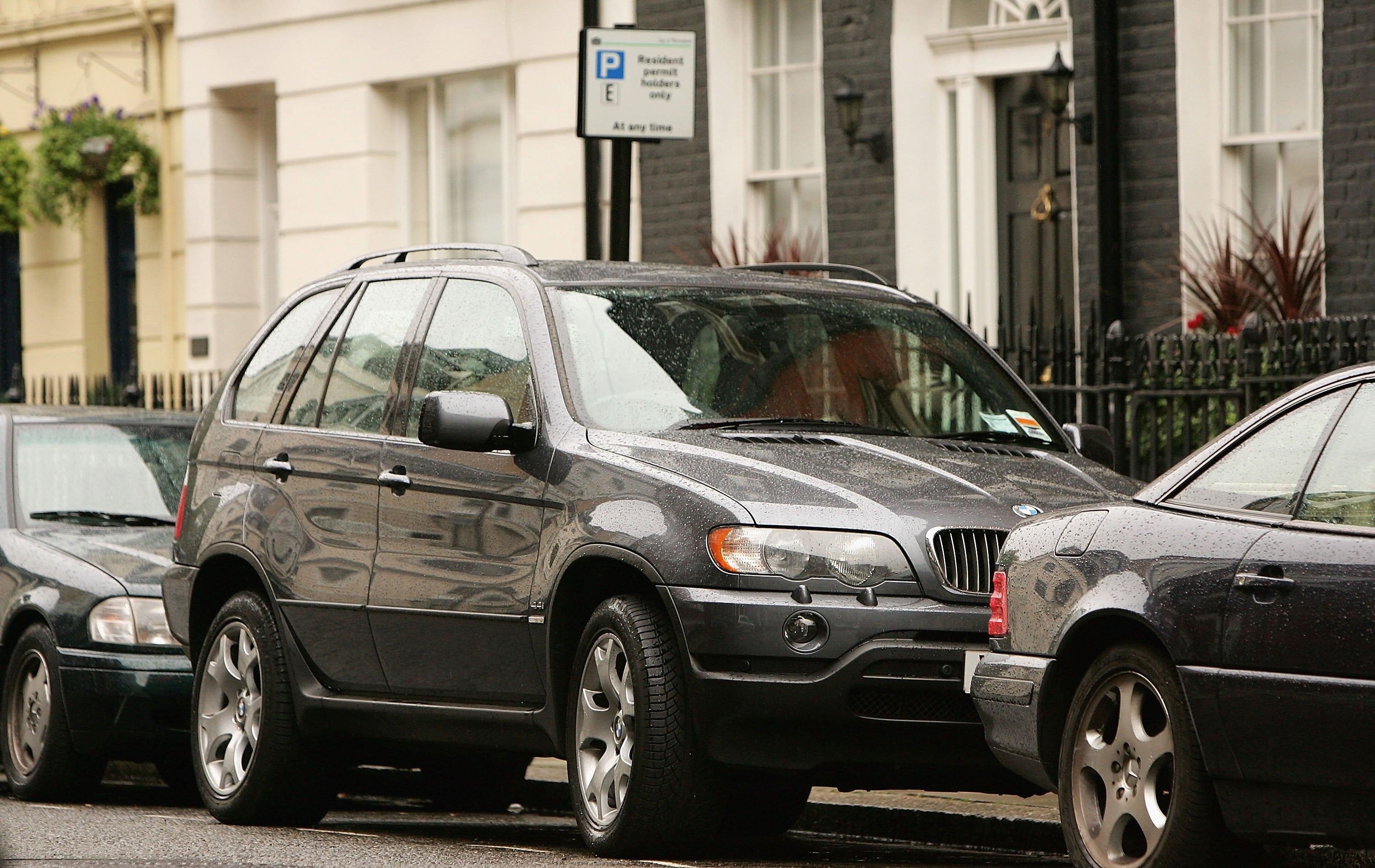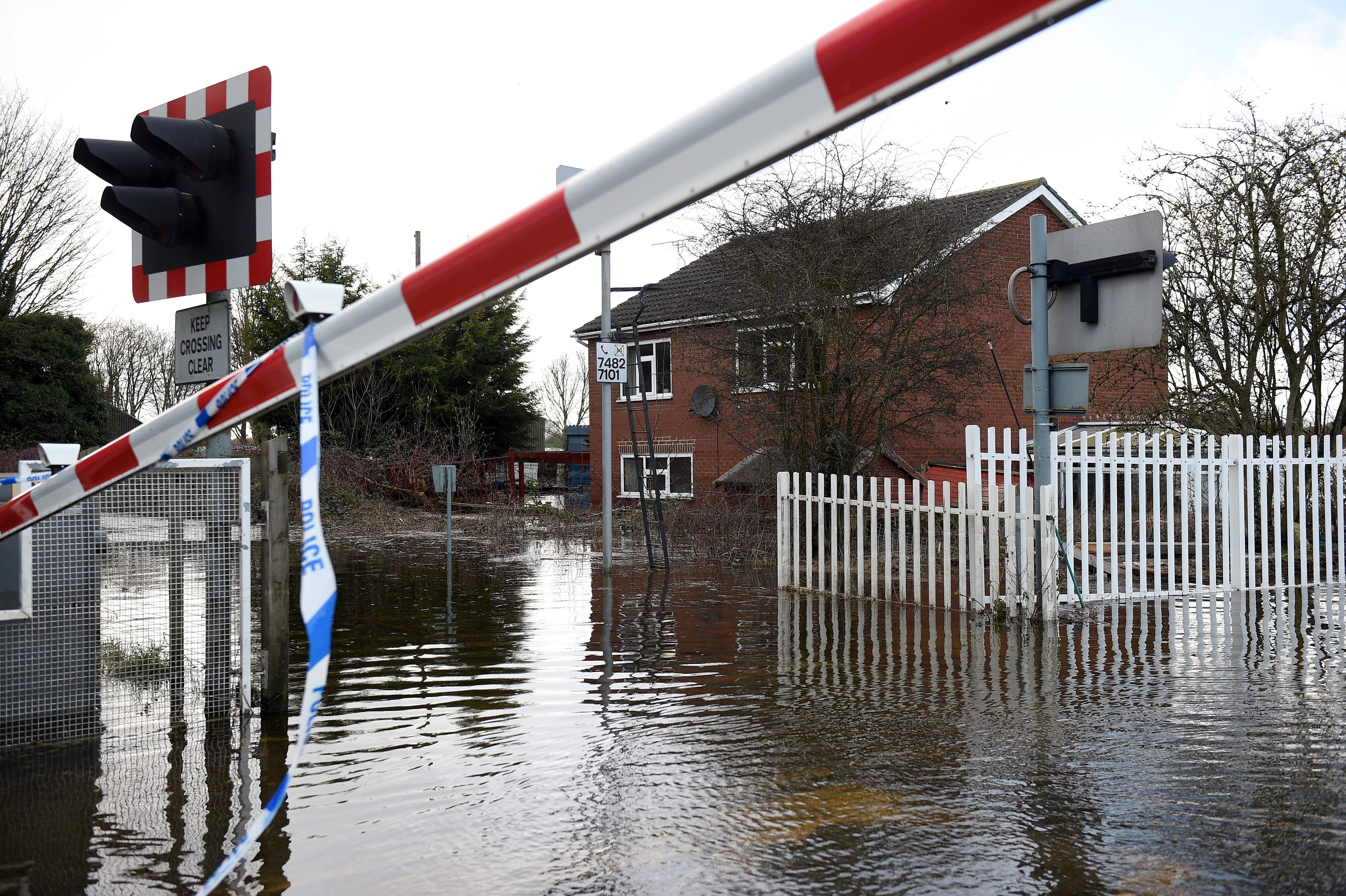Ban sale of SUVs and charge drivers per mile to meet climate goals, ministers told
Transport is the largest driver of greenhouse gas emissions in the UK

Your support helps us to tell the story
From reproductive rights to climate change to Big Tech, The Independent is on the ground when the story is developing. Whether it's investigating the financials of Elon Musk's pro-Trump PAC or producing our latest documentary, 'The A Word', which shines a light on the American women fighting for reproductive rights, we know how important it is to parse out the facts from the messaging.
At such a critical moment in US history, we need reporters on the ground. Your donation allows us to keep sending journalists to speak to both sides of the story.
The Independent is trusted by Americans across the entire political spectrum. And unlike many other quality news outlets, we choose not to lock Americans out of our reporting and analysis with paywalls. We believe quality journalism should be available to everyone, paid for by those who can afford it.
Your support makes all the difference.Ministers must ban the sale of the most polluting vehicles such as SUVs immediately and bring in a charge on drivers for each mile they travel if Britain is to meet its climate goals, experts have warned.
Transport is the UK’s most polluting sector, accounting for around a third of the country’s CO2 emissions before the start of the pandemic.
Ministers hope to slash these emissions by encouraging a switch to electric vehicles, with a ban on the sale of new petrol and diesel cars by 2030 part of Boris Johnson’s 10-point climate plan.
But experts have warned that it is “delusional” to believe that emissions can be tackled through a switch to electric cars alone – and pointed to more drastic action and “hard choices” to end transport’s contribution to the climate crisis by 2050.
“We need to ban the most polluting cars now – so that, between now and 2030, the top 10 per cent of the most polluting vehicles are not allowed to be sold in this country,” Professor Jillian Anable, chair in transport and energy at the University of Leeds, said.
The top polluting vehicles sold in the UK include sport utility vehicles (SUVs) and sports cars. A surge in the popularity of SUVs in the UK is believed to be one of the major reasons why car emissions began increasing again in 2016 despite growth in the number of electric vehicles.
“Fossil fuel SUVs are [still] outselling electric vehicles 10-to-one in the current market and [without action] they’ll be sold right up until the end of this decade and will therefore be on the roads well into the 2040s,” Prof Anable told a press briefing organised by the non-profit group Energy and Climate Intelligence Unit (ECIU).
The government is due to imminently set out a detailed plan for how the UK’s transport emissions will be cut to net-zero emissions by 2050.
Edmund King, president of the AA and visiting professor of transport at Newcastle University, agreed that ministers needed to “bite the bullet” and “be more ambitious” with measures to tackle transport emissions.
He said that ministers should consider introducing a road charge to help tackle emissions and manage declining revenues from fuel duty as Britons increasingly switch over to electric cars.
Any charge on drivers could be fine-tuned to ensure that poorer and less-connected drivers do not lose out financially, he added.
“What we propose is something called ‘road miles’,” he said. “Each individual would get 3,000 free road miles – if you lived in a rural area you’d get another third – and thereafter there would be a charge per mile.”
This week Birmingham launched a “clean air zone” in which high-polluting cars are charged £8 to enter the city centre, while lorries and coaches must pay £50 – however, on the day the scheme began, Birmingham City Council announced there would be no charges for the first two weeks.
Prof Anable said that a reformed transport system including road charges could address existing inequalities in Britain’s transport network.
“It’s not about road pricing making everything unfair, it is grossly unfair right now – with the fact that motoring costs have been falling in real terms [while there has been] very large increases in public transport costs.”
She added that inaction on transport emissions now would see the country facing higher costs in the future as the climate crisis worsens.

“If we do not tackle the climate crisis, there [will be] way more disruption on infrastructure and mobility will be restricted – and the costs for all kinds of reasons will ramp up.”
The UK’s independent climate advisers have previously warned that changes in temperature and rainfall and worsening extreme weather events pose a serious risk to the UK’s roads and rail networks.
A Department for Transport spokesperson said: “Our Transport Decarbonisation Plan, due shortly, will set out a bold, ambitious, but credible pathway to deliver transport’s contribution to carbon budgets and net zero.”
Join our commenting forum
Join thought-provoking conversations, follow other Independent readers and see their replies
Comments